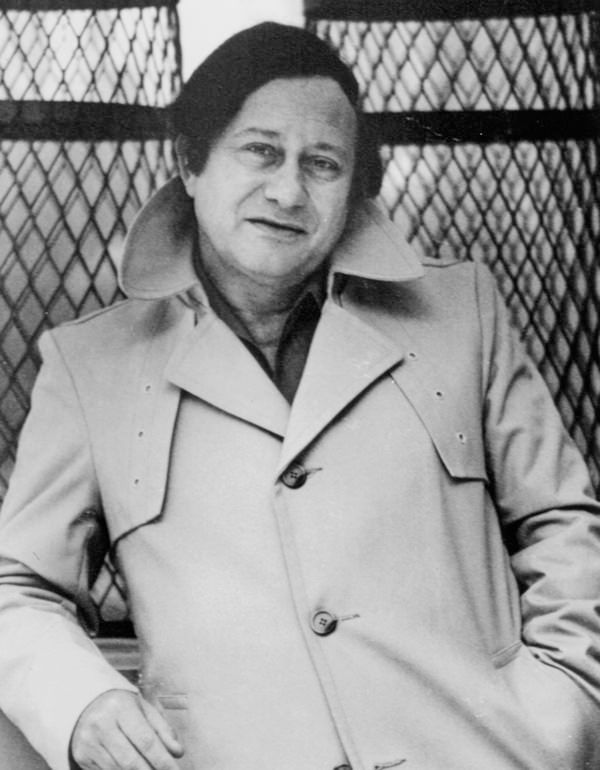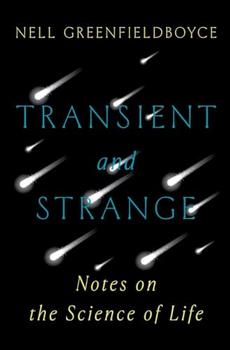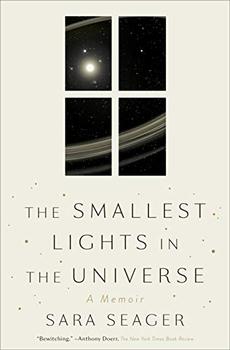Summary | Excerpt | Reviews | Beyond the book | Read-Alikes | Genres & Themes | Author Bio

A Life of Language Love
by Julie SedivyA celebration of the beauty and mystery of language and how it shapes our lives, our loves, and our world.
If there is one feature that defines the human condition, it is language: written, spoken, signed, understood, and misunderstood, in all its infinite glory. In this ingenious, lyrical exploration, Julie Sedivy draws on years of experience in the lab and a lifetime of linguistic love to bring the discoveries of linguistics home, to the place language itself lives: within the yearnings of the human heart and amid the complex social bonds that it makes possible.
Linguaphile: A Life of Language Love follows the path that language takes through a human life―from an infant's first attempts at sense-making to the vulnerabilities and losses that accompany aging. As Sedivy shows, however, language and life are inextricable, and here she offers them together: a childish misunderstanding of her mother's meaning reveals the difficulty of relating to other minds; frustration with "professional" communication styles exposes the labyrinth of standards that define success; the first signs of hearing loss lead to a meditation on society's discomfort with physical and mental limitations.
Part memoir, part scientific exploration, and part cultural commentary, this book epitomizes the thrills of a life steeped in the aesthetic delights of language and the joys of its scientific scrutiny.
Linguist Julie Sedivy's new book, Linguaphile: a Life of Language Love, explores the connection between human life and language through a fascinating combination of linguistic science and the author's own life story... As Sedivy points out, language is about connecting people, so it's fitting that the memoir sections of Linguaphile are focused more on the relationships in her life than on specific events. She explores both the good and the bad in her connections with her parents, husbands, siblings, and friends, and in doing so, evokes the compelling complexity of human life...continued
Full Review
 (667 words)
(667 words)
(Reviewed by Katharine Blatchford).
 In Linguaphile: A Life of Language Love, a combination of popular science and memoir, linguist Julie Sedivy shares that one of her worst fears is that an illness or injury will cause her to develop aphasia, a type of disorder that impacts a person's ability to use both spoken and written language. After this confession, she goes on to describe the experiences of Paul West, a prolific author who struggled with this very disorder. Born in 1930, West published a wide variety of work, including novels, essays, and literary criticism, in addition to teaching at multiple universities. In 2003, West had a stroke which damaged areas of his brain key to the processing of language, causing global aphasia, the most severe form. Immediately after the...
In Linguaphile: A Life of Language Love, a combination of popular science and memoir, linguist Julie Sedivy shares that one of her worst fears is that an illness or injury will cause her to develop aphasia, a type of disorder that impacts a person's ability to use both spoken and written language. After this confession, she goes on to describe the experiences of Paul West, a prolific author who struggled with this very disorder. Born in 1930, West published a wide variety of work, including novels, essays, and literary criticism, in addition to teaching at multiple universities. In 2003, West had a stroke which damaged areas of his brain key to the processing of language, causing global aphasia, the most severe form. Immediately after the...

If you liked Linguaphile, try these:

by Nell Greenfieldboyce
Published 2024
An astonishing debut from the beloved NPR science correspondent: intimate essays about the intersection of science and everyday life.

The Smallest Lights in the Universe
by Sara Seager
Published 2021
In this luminous memoir, an MIT astrophysicist must reinvent herself in the wake of tragedy and discovers the power of connection on this planet, even as she searches our galaxy for another Earth.